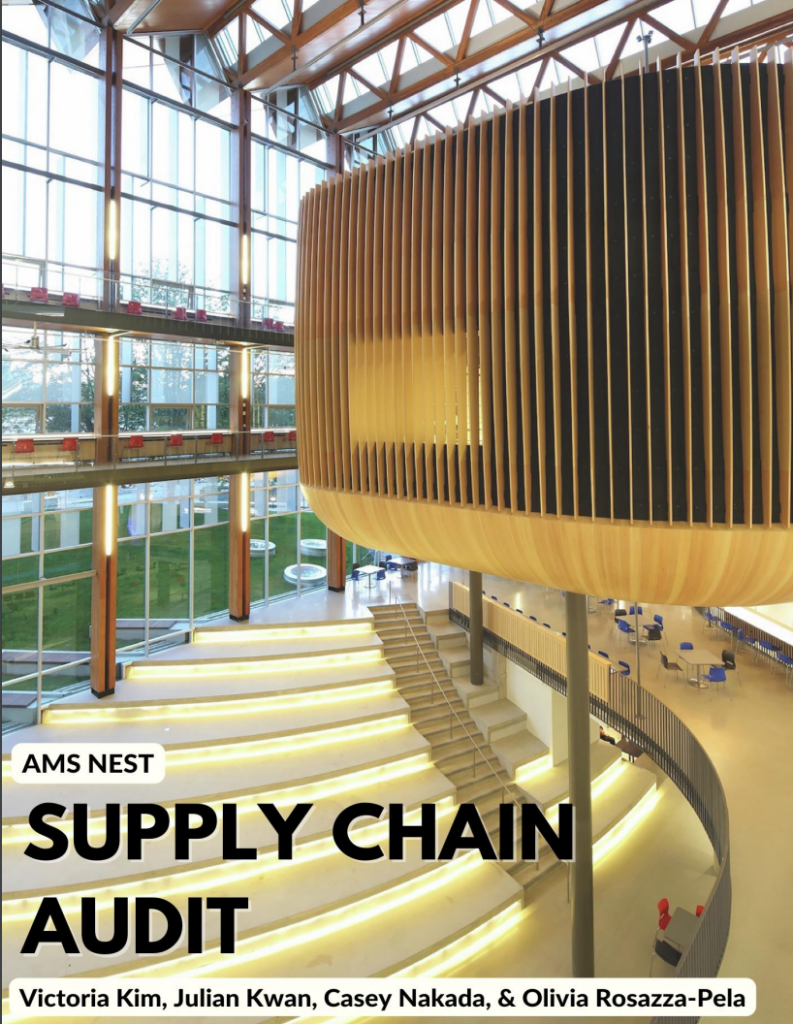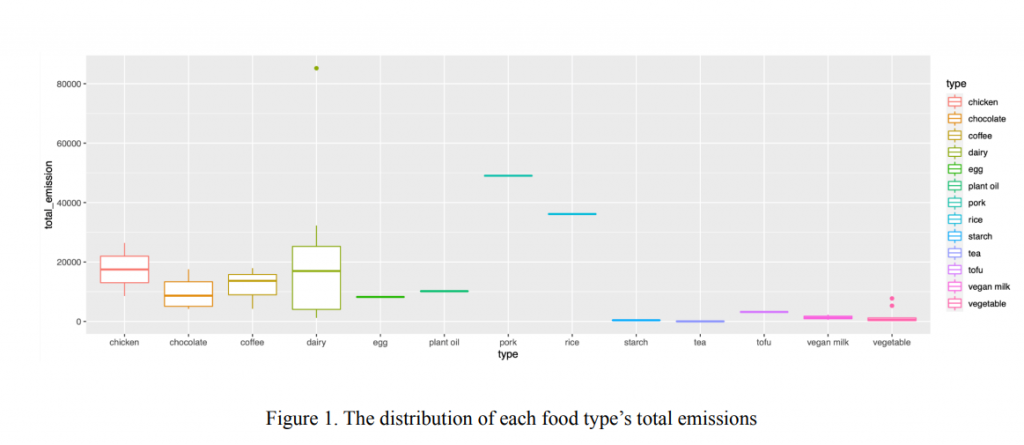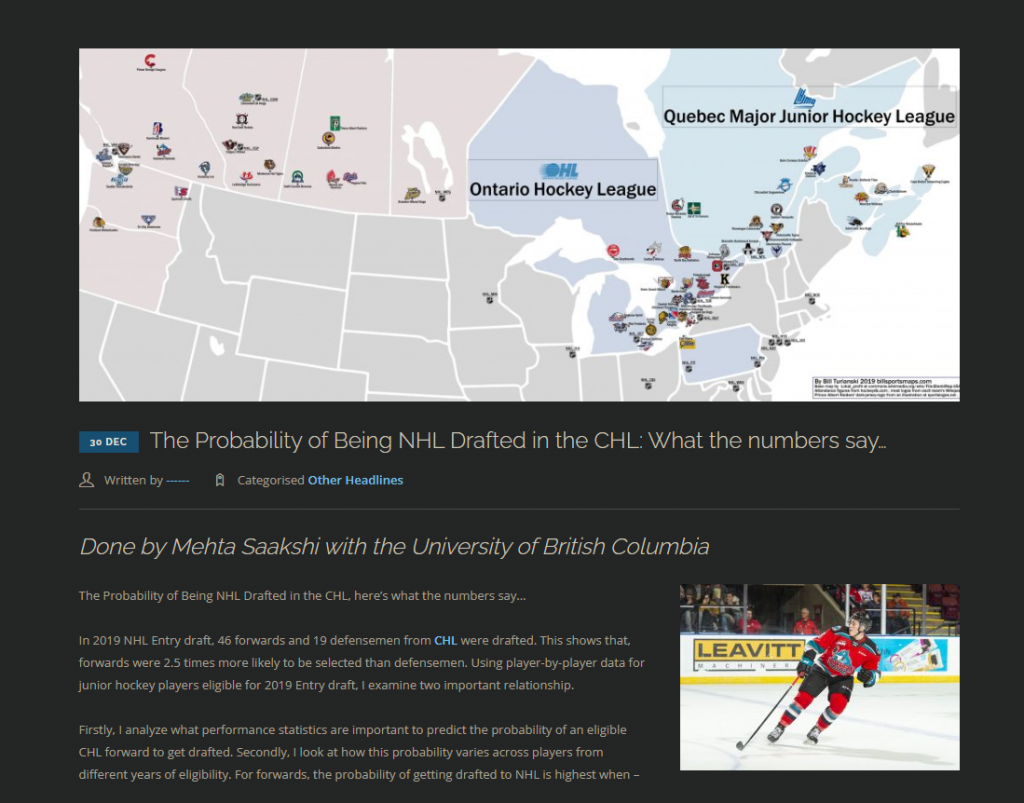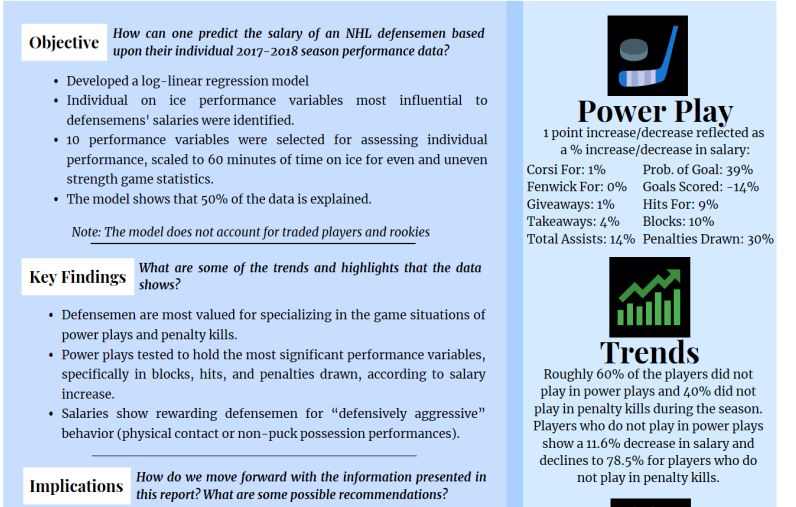As part of my teaching practice, and my educational leadership responsibilities, I have conducted a series of Community Engaged Learning projects since 2018, mostly in the context of my senior research seminar, ECON 490. Community Engaged Learning (CEL: also called “community based and engaged learning (CBEL), or “service learning”) is a pedagogical approach in which an instructor partners with members of the broader community to help solve or address pressing issues or questions they face in the context of the course. The community partner acts as a co-educator, sharing their disciplinary knowledge and experience with the students, while the students assist the community partner by applying their knowledge to a real-world problem or situation.



My CEL practice primarily focuses around 1-2 term long projects, in which small groups of students work closely with a community partner to address a specific (usually data-focused) problem. The partners come from a wide range of background, including the private and public sectors. Some of my past partners and research goals have included:
- The AMS: supply-chain analysis, impact evaluation, data analysis
- In conjunction and with support from SEEDS Sustainability
- The UBC Farm and the Center for Sustainable Food Systems: demand analysis, sales forecasting, dashboarding, climate-change analysis
- CKM Sport Management: sport analytics, data analysis, machine learning, dashboarding
- ECEBC: data analysis, program evaluation
Student projects usually consist of several meetings with the partner, to identify goals and receive feedback, following by a final presentation, report, and some analytical products (e.g. a dashboard, coding, etc.). You can find some examples of project outputs here:
🌱 Interested in Joining as a Partner?
If you’re interested in getting involved as a community, that’s amazing! I’m always excited to work with new partners; my relationships have always been highly positive, as I focus on ensuring value for both the students and partners (see “My Approach”, below). Given the context of my teaching and research, projects which work best tend to:
- Have a clear “question” or problem that students could address
- Be related to data or data analysis – either internal (partner-supplied) data that can be shared, or clearly identified public data (e.g. Canadian census). I am happy to work with you to scope your data if you’re not sure.
- Be feasible in “units” as a 1-2 term project
If this sounds interesting, I’m happy to sit down with you to develop a project, or explore possible collaborations. Just send me an email!
🌲 Interested in Getting Involved as a Student?
Awesome! I love students who are excited about CEL! I recommend that you check my courses website for my current sections of CEL; generally, one section will be dedicated to CEL if I am doing it that year. Join that one! If you’re not able to, I encourage you to send me an email to discuss other options – such as a independent research project, or reading course.
My Approach to Community Engaged Learning
I think that CEL is unique as a pedagogical approach, because it allows students to learn form community partners in a rich, often unpredictable way. My approach to this dynamic learning environment is based on the “Four Rs” approach of Kirkness and Barnhardt, which was originally designed to support Indigenous teaching and learning in higher education. These values are:
- Respect: respect the community partner, their goals, knowledge, culture, values, and ideas, and do the same for the students, ensuring that they are respected and able to respectfully engage with the community partner.
- Relevance: create projects which are relevant to the community partner, and speak to their experiences, perspectives, and goals. Create projects which are relevant for students, teach them valuable skills, and align with the learning goals of the course
- Reciprocity: create relationships between students and partners (and myself) which are reciprocal, in which both sides benefits and there is control and input from all members of the relationship
- Responsibility: be responsible to the partner, and my students, by creating strong relationships, goals, and following through on them.
Implicit in all of these is the idea of the relationships as the heart of CEL: they are the core of the learning environment, and a goal that I seek to strengthen and maintain in all my interactions with my partners and students.
